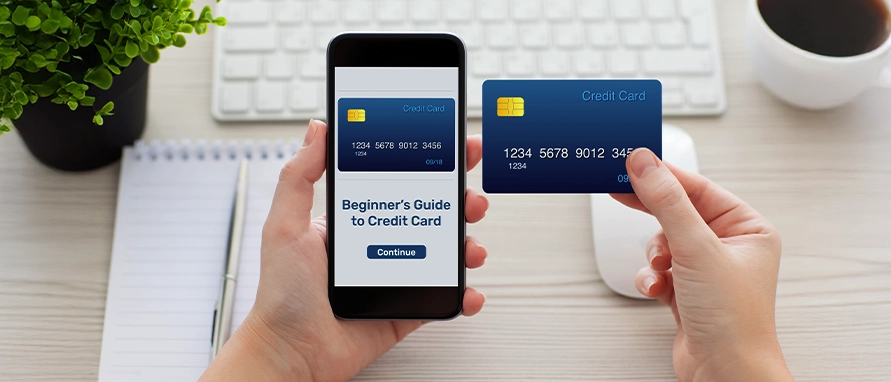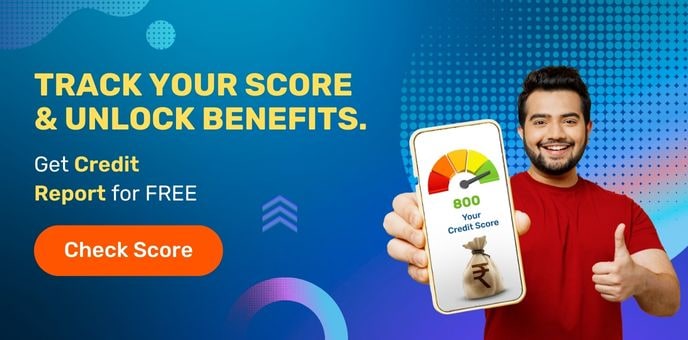Understanding how credit cards work, especially interest rates, is vital.
Interest Rates and APR:
Credit cards in India usually have monthly interest rates of 2–5%, translating to an Annual Percentage Rate (APR) of 24–60%. This rate applies only when you carry forward any unpaid amount beyond your due date.
How Interest Is Calculated:
If you pay the full bill within the due date, no interest is charged. If only a part is paid, interest is charged on the remaining balance, including any new purchases till the next payment.
What Happens If You Don’t Pay in Full:
If you pay only the minimum amount, interest piles up on the remaining dues every month. Late payment fees and GST also apply. Over time, your debt may rise quickly, making repayments harder.
Tip: Always try to clear your total outstanding amount every month to avoid costly interest charges.















